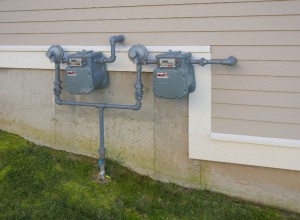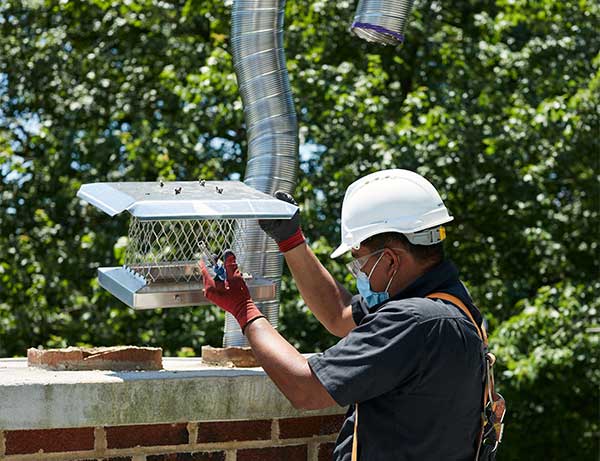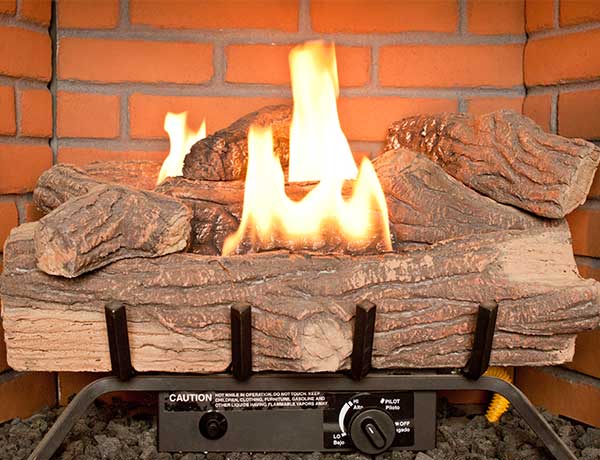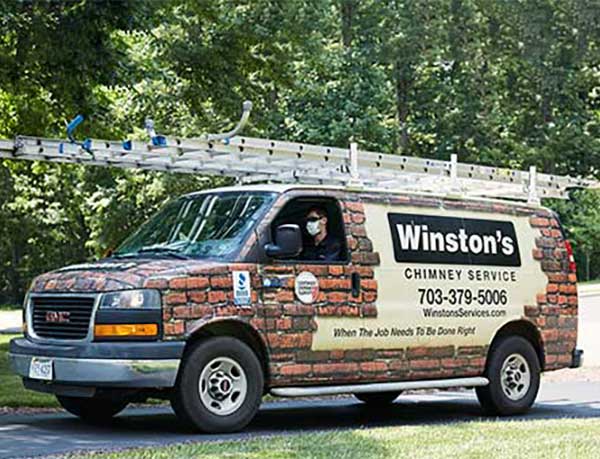Believe it or not, fall is nearly halfway over since November has started. That means everyone has put away all of their sandals, shorts, and T-shirts, and they have swapped these warm-weather clothes for cozier options like jackets, scarves, hats and gloves. In the D.C. area in particular, everyone is looking ahead to the frigidly cold winter coming up. That means checking to make sure the gas appliance used to heat the home is in working order. In addition to ensure the proper and safe functioning of the gas appliance, people are looking to save money wherever they can, which means they want to know exactly where their money is going every time they turn on the gas. This also applies to homeowners looking to upgrade their existing heating system by purchasing an updated gas appliance.
 There are two types of gas fuels to consider. The first type is natural gas, which is a commodity regulated by the government. The nationwide average price for 100k BTUs is 59 cents. BTU stands for British Thermal Unit, and it represents the amount of energy required to heat one pound of water by one degree Fahrenheit. To determine the cost of running your particular gas appliance, you should ask your appliance expert about the amount of BTUs your appliance runs on. For example, the average vent free gas long operates at 39k BTU, meaning it utilizes 39K every hour. It would cost you 23 cents every hour to run the gas appliance. On the other hand, vented systems can consume around90K BTUs of gas every hour, which would run you 53 cents per hour based on the national averages.
There are two types of gas fuels to consider. The first type is natural gas, which is a commodity regulated by the government. The nationwide average price for 100k BTUs is 59 cents. BTU stands for British Thermal Unit, and it represents the amount of energy required to heat one pound of water by one degree Fahrenheit. To determine the cost of running your particular gas appliance, you should ask your appliance expert about the amount of BTUs your appliance runs on. For example, the average vent free gas long operates at 39k BTU, meaning it utilizes 39K every hour. It would cost you 23 cents every hour to run the gas appliance. On the other hand, vented systems can consume around90K BTUs of gas every hour, which would run you 53 cents per hour based on the national averages.
The other type of gas fuel is known as propane, and this can vary widely in price depending on the supplier because it is not regulated in the same way as natural gas. Note that one gallon of propane produces 92K BTUs, and as an example, consider that your propane costs $1 per gallon. A vent free unit runs at 35K BTUs, so it costs 33 cents to run for one hour on its highest setting. Conversely, a 24 inch vented gas log set consumes 65K BTUs every hour, making the cost to run it for one hour about 62 cents.
Do keep in mind that these figures are only estimations based on the average for the nation. To receive a completely accurate running cost for your specific gas appliance, you need to have an expert out to determine the efficiency at which your unit runs. Then, you need to check with your gas or propane supplier to find out how much the gas actually costs. If you have questions about your unit, need to know how many BTUs it runs on, or want to have it serviced before winter sets in, contact Winston’s Chimney Service for a professional consultation.



